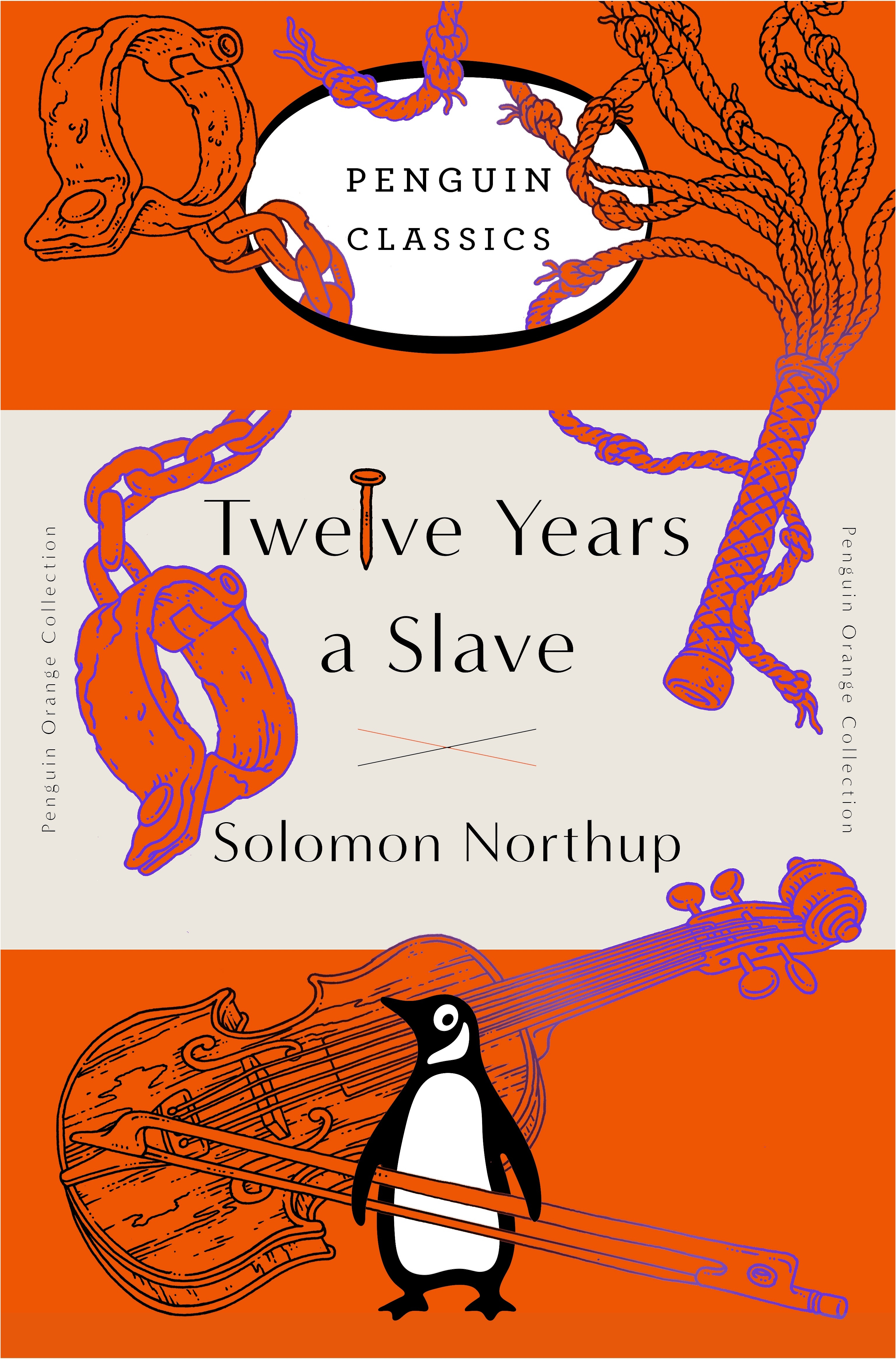

Northup, unlike the writers of most (perhaps all) of the other narratives, was not a runaway. One of the things that most impresses readers of Twelve Years a Slave (before the Civil War as well as today) is the even-handedness of Northup’s account, especially as compared to other narratives. Northup’s Motivation Was Different from Fugitives I would like to make the following points: Northup‘s motivation was different from those of fugitive slaves Northup’s narrative is rich with verifiable details Northup had a significant role in writing the book David Wilson, the book’s editor, was not an abolitionist and Northup was entirely capable of telling his own story. This expertise was developed while researching a biography of Northup (which I co-authored, with Clifford Brown and Rachel Seligman) titled Solomon Northup: The Complete Story of the Author of Twelve Years a Slave. What I can shed significant light on, is how Northup’s book was written and received, and how he expanded on its reach by traveling to states in the northeast giving lectures. I leave it for others to draw detailed comparisons between Northup’s narrative and the others. I have consulted some of them in connection with my work on Northup, as necessary. Though an expert on Solomon Northup, his book, the contemporary reactions to his book in the 1850s, and his later life (which included several years spent traveling to talk about his experiences), I am not a scholar of slave narratives.

Questions about the authenticity and authorship of Solomon Northup’s Twelve Years a Slave have been raised in the past, and have resurfaced following the release of the recent film version of his book.


 0 kommentar(er)
0 kommentar(er)
